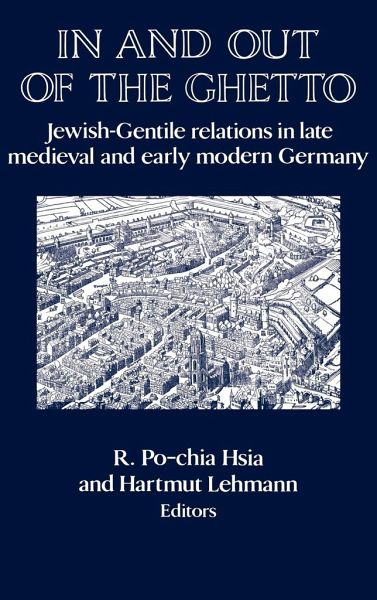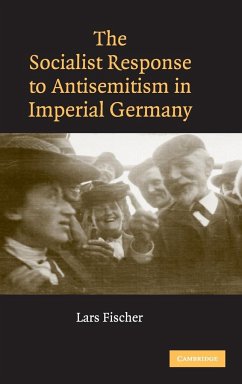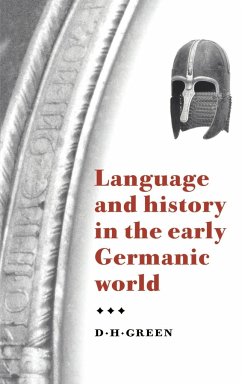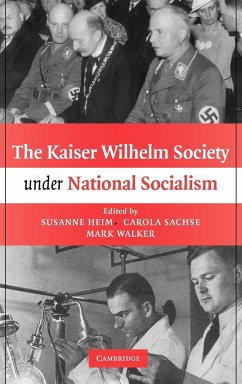
In and Out of the Ghetto
Jewish-Gentile Relations in Late Medieval and Early Modern Germany
Herausgeber: Po-Chia Hsia, R.; Lehmann, Hartmut
Versandkostenfrei!
Versandfertig in 1-2 Wochen
116,99 €
inkl. MwSt.

PAYBACK Punkte
58 °P sammeln!
The essays examine the role of economics, politics, social organization, language, and religion in the relations between Jews and non-Jews in central Europe from the fifteenth through eighteenth centuries. The authors grapple with such relevant issues as cultural identity, representation, toleration, and minority-majority relations. Individually, the essays probe the central questions of Jewish social, economic, and cultural development within the territorial states, secular and clerical, and in both rural and urban environments. Collectively, they focus more attention on the period before the...
The essays examine the role of economics, politics, social organization, language, and religion in the relations between Jews and non-Jews in central Europe from the fifteenth through eighteenth centuries. The authors grapple with such relevant issues as cultural identity, representation, toleration, and minority-majority relations. Individually, the essays probe the central questions of Jewish social, economic, and cultural development within the territorial states, secular and clerical, and in both rural and urban environments. Collectively, they focus more attention on the period before the emancipation of the nineteenth century and the destruction of German Jewry in the middle of the twentieth, emphasizing both continuities and discontinuities in the history of Jews in Germany.














